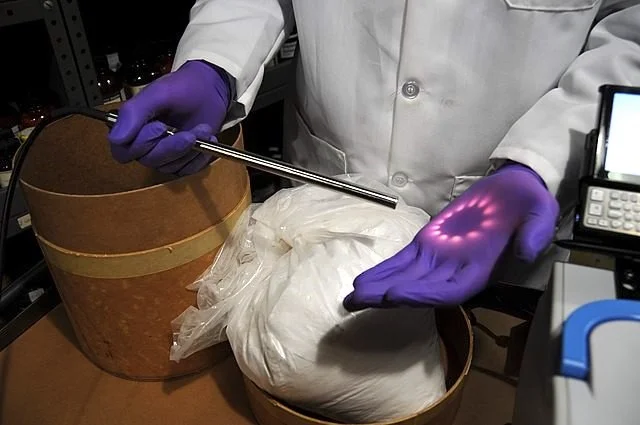
Industries reliant on global supply chains usually obtain their medicine and medical supplies from either India or China. Research shows that the United States relies on these countries and other foreign production facilities for two-thirds of its demand for generic drugs. The US is even more reliant on foreign facilities for ninety-percent of its generic active pharmaceutical ingredients (API) with China being the world’s second largest exporter of drug products and number one in medical device exports. As a result, American federal and political bodies are being alerted and taking action.
Obviously, the US government is very concerned about its supply of pharmaceuticals. It is frightening to imagine a shortening of supply and access for something like antibiotics as it would cause a devastating public health emergency. While the United States isn’t dependent on a single country for its general supply of such drugs (others include Italy, India and Canada), China supplies the bulk of the ingredients for individual antibiotics such as penicillin and cephalosporin which together make up close to two-thirds of the antibiotics used in the US every day.
Due to these major drug supply issues the US government passed a bill in the Senate drafted to increase drug manufacturing at home as well as diversify the supply chain in order to mediate our worrying overdependence on China. It seems the great majority of the United States population agrees with these initiatives as recent polls conclude that eighty-five percent of respondents strongly support the domestic production of generic drug products.
It is clear to many that the lingering pandemic will only exacerbate the concerns over critical pharmaceutical supplies and production of APIs, in particular when one considers how, for a short period in the early stages of the pandemic, India cut back on its API and generic drug exports. The government certainly took notice since the American drug market represented over half of India’s drug, pharmaceutical and fine-chemicals exports. An even greater challenge during the pandemic’s early stages was the limited mobility of the world’s supply chain which further restricted access and made the US FDA’s role in importing and ensuring drug quality a logistical nightmare.
In fact, in 2021 the US FDA published a report that showed how the agency managed only sixty-one percent of the pharmaceutical inspections it had planned for 2020. As a result, the FDA had to push back missed inspections into the following year, meaning that its planned inspections grew by approximately twenty-five percent for the year 2021. This also meant a strain on resources as in-person inspections had to be scheduled for facilities considered to be “high-risk”. This actually led to a reduction in foreign inspections, prompting the United States Government Accountability Office to release a report calling for improvements in its foreign inspection program. In turn, there has been a shift in US politics to focus on strengthening the domestic supply chain to address shortages that result from drug quality concerns, increases in demand, market withdrawals, and natural disasters. This means companies must better control their supply chains through more intensive risk management plans.
The expansion of US manufacturing is already evident with a $2.1 billion investment for a pair of manufacturing facilities in Indiana but it remains to be seen whether the pharmaceutical industry will act similarly in areas of low profit such as genetics and antibiotics. What is clear is that there will continue to be calls for greater domestic manufacturing to help mitigate drug supply chain challenges.
To improve processes and ensure patient safety, Graver Technologies offers a wide range of adsorbent and contaminate control methodologies for pharmaceutical and biopharmaceutical manufacturers.
Need help?
You can find the right application or product using our Tool, or through our Chat Bot.
Keep In Touch
Keep up to date with our latest news and announcements. Unsubscribe anytime.




.svg)
.svg)



